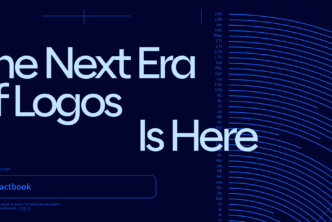I finally bought Logos when I realized how often I was about to leave my beautiful new bride at home while I finished up my dissertation at the library. I still had to spend time in the stacks and study carrels, but Logos let me spend much more time in my home office.
You may not have a new bride and a dissertation to tend to, but I’m certain you have other needs Logos can fill. Here are just five.
1. Access major biblical studies tools, all at once.
Yesterday I had to study one phrase in 2 Timothy 2:23, “Have nothing to do with foolish, ignorant controversies.” In the space of about five minutes I opened multiple Bibles, including Greek and English versions; two different major lexicons; several Bible word study windows; Logos’ proprietary Bible Sense Lexicon; and a couple commentaries.
This is all second nature; I would feel hamstrung without the ability to immediately open the resources to which my investigations lead me.
2. Search your biblical studies library, instantly.
Many academics file things carefully. But sometimes that thing you need to know “is not poised on the tip of your tongue,” as poet Billy Collins says. It’s “not even lurking in some obscure corner of your spleen.” I regularly find it helpful to search my whole Logos library or just the works of John Frame or C. S. Lewis or N. T. Wright. Kindle can’t do this (you can search only one book at a time), and it frustrates me. A searchable library is a dream only recently achieved.
Spice up your writing or teaching or preaching with anecdotes you wouldn’t otherwise be able to locate. Fill out (I didn’t say pad out) your footnotes with extra references only a computer can find for you. Cover all the bases and then just keep going around the horn to pick up an extra one or two.
3. Open your books to the right page with a click.
Imagine sitting at your desk near your print library and saying in a calm, clear voice, “Second Timothy two twenty-three.” Imagine that within one second your desk is covered in books—including your best Pastoral Epistles commentaries. And all of them are opened to the relevant pages. You touch a Bible text and a commentary and a lexicon, and they slide into view in parallel. As you turn pages in one, pages turn automatically in the others.
That’s what it’s like to use the Passage Guide and Exegetical Guide in Logos. I particularly like this power when it comes to commentaries, but journals and church fathers and cross-references are also highly valuable to me, depending on the passage I’m studying.
4. Transform lecture notes into presentation slides automatically.
With Logos, you type up your lecture notes (or sermon or presentation), and a slide deck is created automatically while you work. That is what John Calvin, Frederick W. Danker, and Augustine of Hippo would have called “cool.” No more transferring notes to PowerPoint and having to keep both updated. They’re tied together.
5. Pay less for good books.
Many software companies give discounts to educational institutions, and so do we. Base packages are already vastly discounted over the price of print books due to economies of scale, but Logos is discounted even further for all students and teachers.
And right now, that academic discount is higher still. We always offer academic discounts, depending on the user’s status. But for a limited time, discounts are even higher for students and faculty. I myself bought Logos while a graduate student because of a similar discount.
My bride of almost ten years now thanks me.






